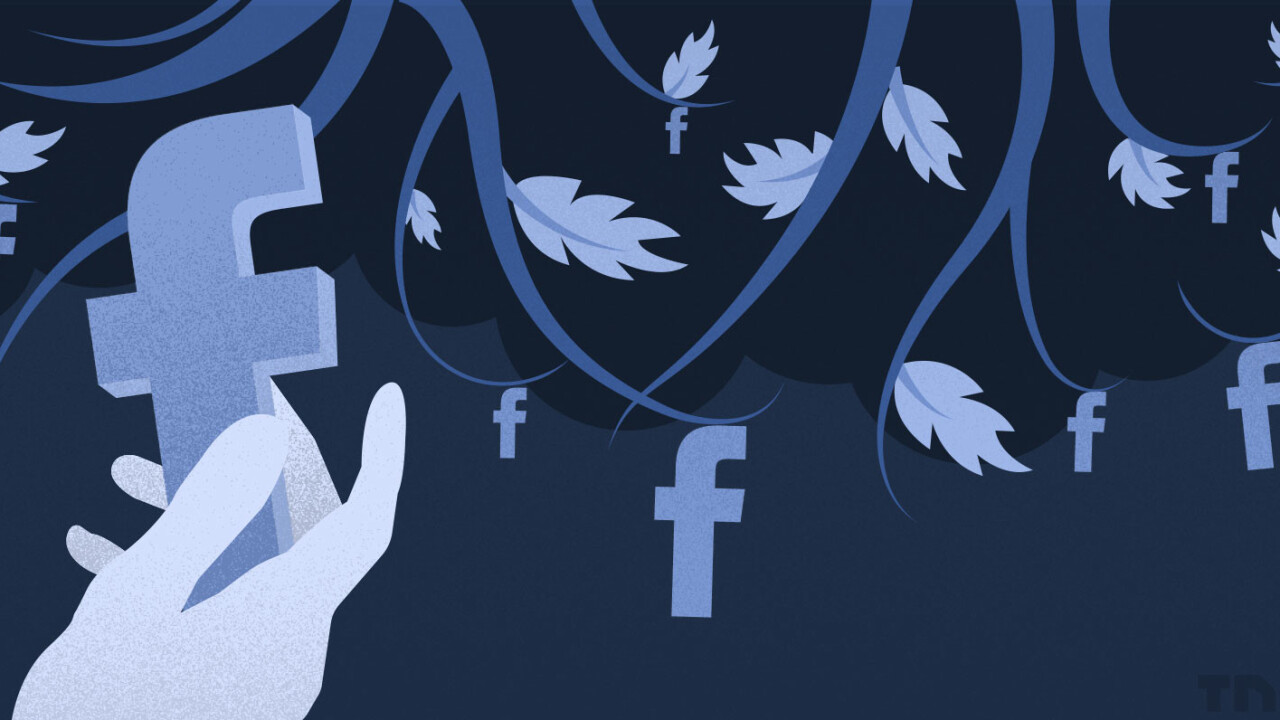
It’s been just a few weeks since Facebook announced the introduction of bots for Messenger, and the web is already filled with articles about how awful these bots are, and how we just have to bear it until this fad passes by.
First off, what exactly are Messenger bots? Quite simply, they are entities that anyone using Facebook Messenger can send messages to, and receive automated responses in return. For instance, a sports bot might be able to answer simply queries with box scores of the latest NBA games.
But, are these bots ready for primetime? Hardly. As we’ve seen in the past, companies have a history of releasing products “early,” with the intention of further development. Why do this and risk poor public reception? Because they have to.
The two major benefits to this strategy are an introduction to the public consciousness, and the amount of feedback that a shipped product provides. Facebook can weather the usual storm of initial criticism that inevitably follows new features, but they can’t wait for the product to be perfect, because until they get it into the hands of users, it never will be.

In addition to the feedback from the public, the company and its third party developers are getting feedback from the bots themselves. The intelligence of these systems feeds on the responses it’s getting now, and will improve its ability to handle the natural language of users over time.
It’s easy to forget that the “intelligence” aspect of artificial intelligence does not imply an innate understanding. The definition of intelligence is “the ability to acquire and apply knowledge and skills,” and that is just what will happen. For Facebook to introduce perfectly functioning, error-free bots to 900 million users would have been nothing short of a miracle, and quite unrealistic.
David Marcus, Vice President of Messaging Products at Facebook, is well aware that this is going to be a learning process for its A.I. products. “The fascinating thing, though, is to see the percentage of automated responses grow over time as the AI learns. And sometimes it stumbles, which is also interesting.
But it’s a long-term experiment, and it yields results already today — because now not only have we learned a lot, we built tools that we’re opening up to everyone.”

At present, the major barrier to these bots’ success is the push for natural language. Previous generations of bots have relied on simple, specific commands in order to function – think about text notifications prompting “Yes,” “No,” “Unsubscribe.”
The challenge faced now is the fact that, well, interpreting natural language is hard. There are a million rules of syntax, and different contexts, which don’t naturally jive with the way computers work.
Facebook, acknowledging the initial bumpy rollout, is willing to build in preselected responses and human backups to help ease the transition, but they are still pushing natural language as the future of bot interaction. CEO Mark Zuckerberg emphasized Facebook’s focus on long-term goals, envisioning a not-too-distant future in which artificial intelligence that has “better perception than people.”
This forward thinking implies another motive at the crux of this error-prone release. Natural language processing might be a nifty trick for companies’ messenger bots, but this integration pales in comparison to the impact that responsive A.I. would have in smart homes and the Internet of Things (IoT).
If Facebook’s language processor can be refined sufficiently, a little flak will be well worth it.

The ability to talk in a casual manner to an in-home system that understands your every word would be (will be?) an incredibly huge development, but an equally huge challenge.
To be sure, these Messenger bots are not some sacrificial move, but they do allow Facebook to develop this lucrative technology in a slightly safer environment, without all of the other difficulties involved with the IoT. Obviously they have already done rigorous testing and preparation, but it’s not too difficult to recognize the value of a 900-million-person test group.
Despite early difficulties, Facebook has made it quite clear that these bots will become a large part of the Messenger platform, integrating functions that were previously manifested in external apps. With initiatives such as Instant Articles, the company is making a concerted effort to keep people within its own platforms, especially where e-commerce is involved.
Following the model of applications like China’s WeChat, Facebook Messenger is only just getting started with its add-ons. With rumors of developments such as in-store payments, we may be seeing Facebook’s first major foray into true e-commerce and its biggest monetization of the app yet.
Get the TNW newsletter
Get the most important tech news in your inbox each week.





